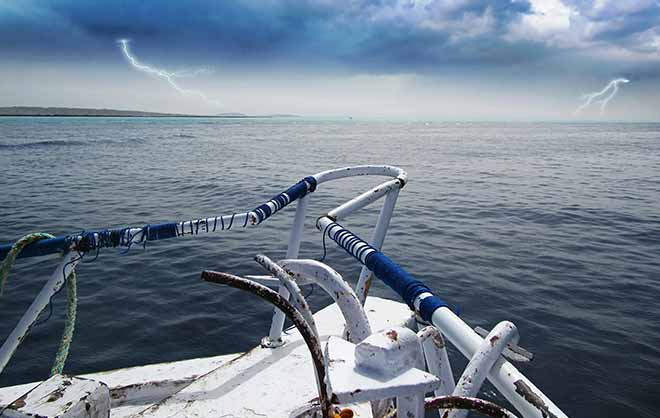
Many people enjoy the activities which nature has to offer. Particularly, in warm climates or in the summer months, people like to take advantage of their free time by participating in activities on the water. There exists a wide range of activities which people may enjoy on the water, including boating, water skiing, and jet skiing. Additionally, many people translate their love for the sea into their occupation.
Although the sea, including both United States’ territorial waters and the high seas, is both beautiful and has much to offer in the way of benefits, engaging in activity at sea is not without risk. Though the sea should be enjoyed and utilized for purposes of work and recreation, certain individuals hold the responsibility of ensuring that safety at sea is also identified an important factor in sea activity. The individuals charged with this responsibility must ensure that safety at sea is enforced at all levels. When workers at sea and persons utilizing the water for recreational activities become injured, often someone is to blame for cutting corners in the safety arena and, as a result, failing to prevent injuries which otherwise could have been avoided.
Laws governing transport and trade in navigable waters including the sea, oceans, and rivers fall under admiralty, or maritime, law. The Jones Act and other federal laws work to protect seamen who are injured while operating vessels in maritime commerce. The Jones Act operates, in part, to protect sea workers who have been injured because of an employer or crewmember’s negligence. Recreational boaters are also subject to maritime/admiralty law and thus to the same requirements and obligations as more heavily regulated commercial vehicles.

For many who work at sea or operate sea vessels, work-related maritime injuries often become a serious issue. Maritime injuries and/or wrongful death cases which may be attributed to someone else’s negligence in the commercial boating realm may involve injuries to seamen, harbor workers, or passengers; offshore drilling accidents; supply, utility, or crew boat accidents; dredge boat accidents; commercial fishing boat accidents; construction barge accidents; drill ships; offshore and inland tugs; drilling and fishing tool operations.
It is important that those who are injured at sea due to either a work-related or recreational incident are aware of their rights. Many times injuries at sea can be attributed to the negligence of someone else. In these instances, such injuries should not be regarded as merely the inevitable result of the risk that one undertakes when they engage in seafaring activities. Rather, most sea related injuries occur as the result of some shortcoming in particular safety precautions, and thus, the persons responsible for those shortcomings should be held liable to those injured as a result of such safety failures. Innocent victims of inadequately safe sea vessels should be compensated accordingly.


